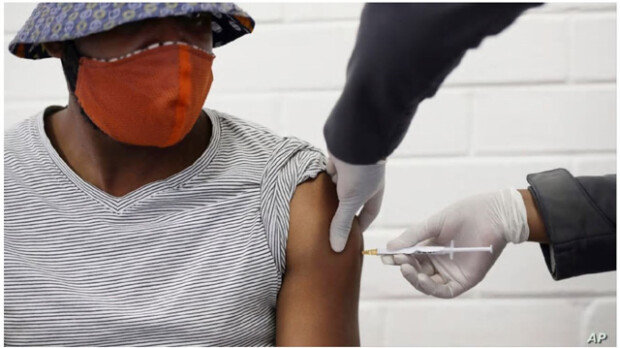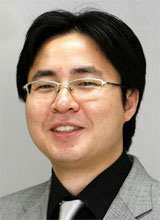Rich countries seek to fill up their vaccine storage
Rich countries seek to fill up their vaccine storage
Posted August. 12, 2020 07:36,
Updated August. 12, 2020 07:36


The U.S. government has been striving to rake up vaccines. It has been trying to buy vaccines that are more likely to succeed ahead of time by contacting global pharmaceutical companies and universities including AstraZeneca and Oxford University in the U.K., Pfizer in the U.S., BioNTech in Germany, Sanofi in France and GlaxoSmithKline in the U.K. The U.S. has secured 700 million shots of vaccine, which gives two shots to the 330 million American citizens, by pouring in 9.4 billion dollars.
Some advanced countries are competing to secure vaccines, too. The U.K. has secured 160 million shots including 100 million from French pharmaceutical Valneva secured through a contract to invest in vaccine production facilities. Japan has secured 120 million shots from Pfizer and is negotiating with AstraZeneca for 100 million additional shots. In a situation where some project that COVID-19 vaccination should be regularly done just as flus, countries around the world are scrambling to fill up their vaccine storage.
The problem is that these vaccine buyouts by advanced countries exceed the projected production volume. It is a buying competition even before the vaccine is actually developed and produced. According to pharmaceutical market analytics company Airfinity, advanced countries such as the U.S., the U.K. and Japan bought 1.3 billion shots, while the total production volume by the first quarter of next year is projected to be 1 billion. Citizens of some countries can have multiple shots of vaccine, but those in other countries would not even be able to go near it considering that the world’s population is 7.8 billion. It is the polarization of vaccine.
South Korea has not signed a contract with global pharmaceutical companies yet. Domestic companies are still at early stages of vaccine development. The government is trying to join the COVID-19 Vaccine Global Access Facility, a vaccine provision body led by the World Health Organization and Coalition for Epidemic Preparedness Innovations, but only 20 percent of South Koreans would receive vaccine even when everything goes well. It means that only 10 million citizens out of 50 million can be vaccinated.
Securing vaccine would be a key to keep our citizens safe and revitalized the economy slowing down due to the COVID-19 pandemic. If we don’t have enough capability for vaccine development, we should mobilize our diplomatic capability to secure vaccine for our citizens.
In-Chan Hwang hic@donga.com
Headline News
- Med professors announce intention to leave hospitals starting Thursday
- Bridge honoring Sgt. Moon Jae-sik unveiled in Pennsylvania
- Chief of Staff Chung tells presidential secretaries to stay away from politics
- US FTC bans noncompete agreements
- N. Korea launches cyberattacks on S. Korea's defense companies







